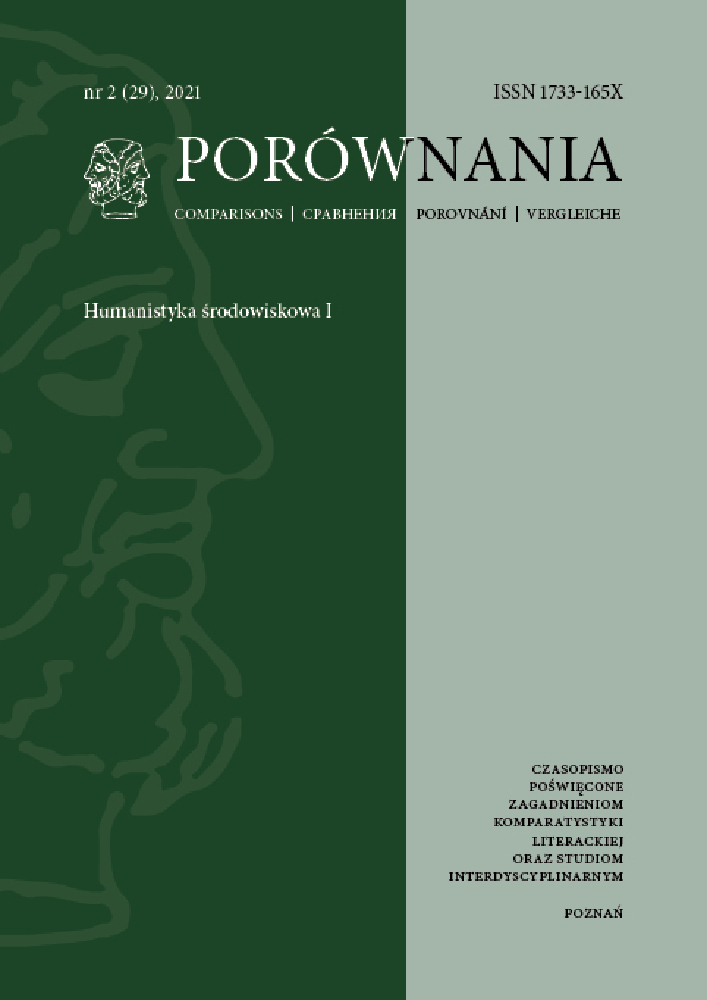Tom 29 Nr 2 (2021)
W ostatnich dziesięcioleciach w refleksji humanistycznej obserwujemy przesunięcie podmiotu ludzkiego do wewnątrz całości naturo-kulturowych. Dzięki niemu odsłania się wielowymiarowość świata przyrody i złożona relacja między jego składowymi, których ludzie mogą, ale nie muszą być częścią. W konsekwencji uwaga badaczy i badaczek kieruje się nie tylko na globalny wymiar sprzężeń zwrotnych w ramach różnych ekosystemów, ale także na mikrorelacje, związki między podmiotami. W związku z tym na nowo istotny stał się też problem usytuowania człowieka w świecie i zarysowania granic ludzkiej sprawczości, tak silnie obecny we współczesnej humanistyce.
Tocząca się przynajmniej od lat 60. XX wieku polityczna dyskusja nad globalnymi konsekwencjami ludzkiej obecności na Ziemi głównie w odniesieniu do zmian klimatu, pogłębiająca się świadomość ekologiczna, debata wokół antropocenu czy globalna pandemia, której jesteśmy świadkami w ostatnich miesiącach, przyczyniają się do wzrostu zainteresowania relacjami wewnątrz środowiska. Nic nie zapowiada, że to się zmieni. Przeciwnie, świadomość zazębiania się światów ludzko-nieludzkich wciąż prowokuje nowe pytania.
W niniejszym numerze zastanawiamy się zatem, jakie są literackie, wizualne, muzyczne i performatywne reprezentacje świata przyrody, a także stosunków między ludźmi i pozostałym światem zwierzęcym oraz światem roślinnym w różnorakich tekstach kultury? Jakie są granice sprawczości różnych podmiotów funkcjonujących w środowisku społeczno-przyrodniczym? Jak zmieniała się konceptualizacja świata przyrody w przeszłości? Jak zmieniały się rzeczywiste relacje między różnymi podmiotami środowiskowymi (w tym ludźmi) w historii? Wreszcie: jak zakwestionowanie podziału kultura/natura wpłynęło na rozwój humanistyki i co nowego wniosło do rozumienia otaczającego nas świata?
